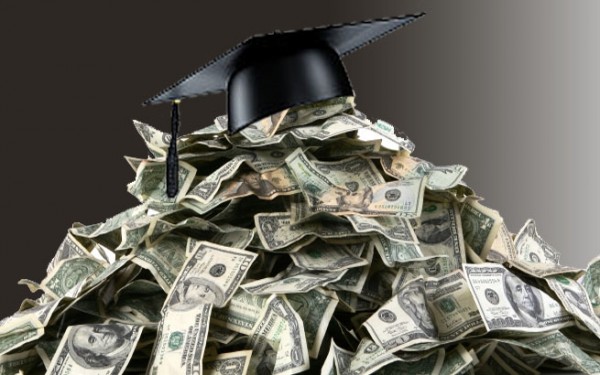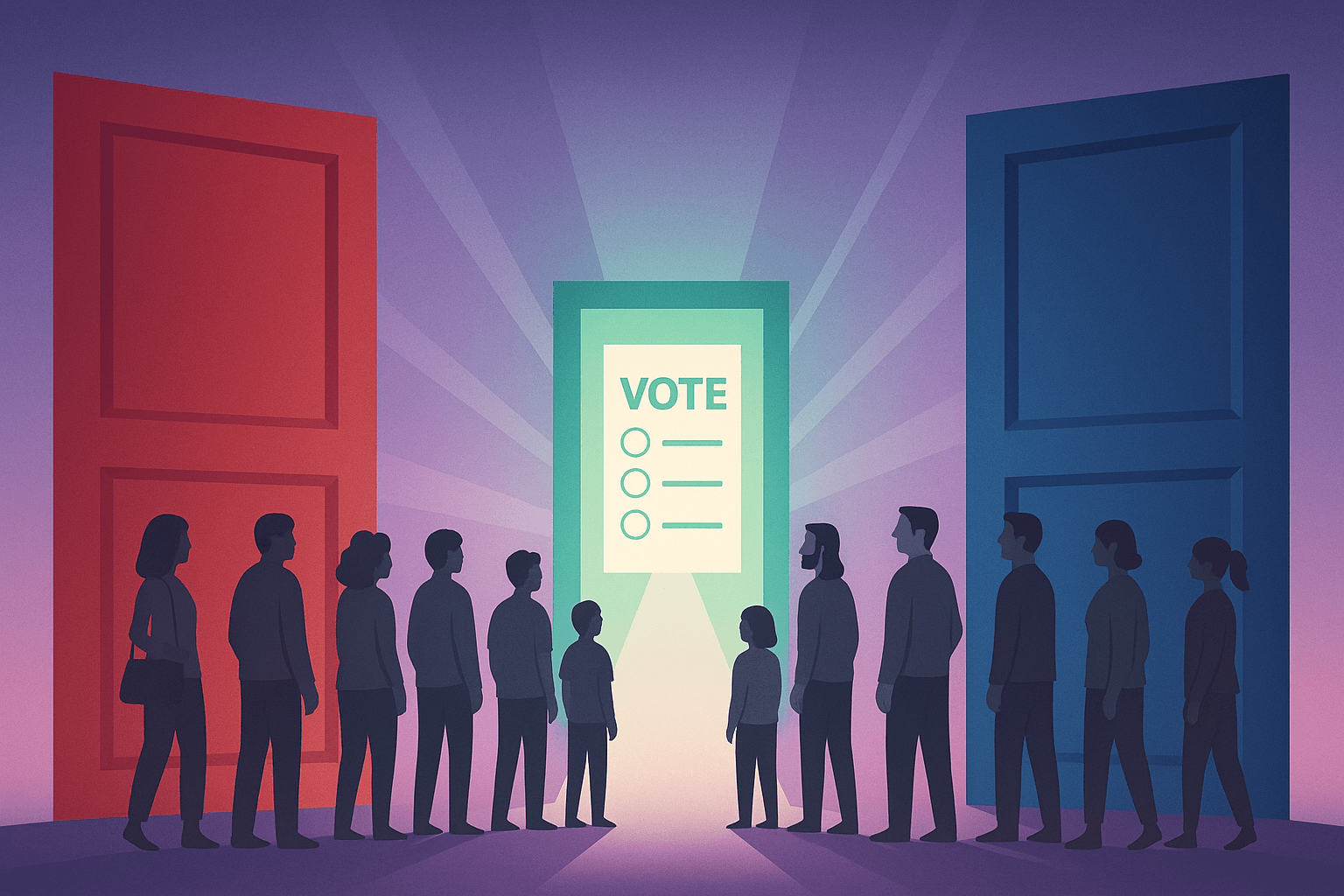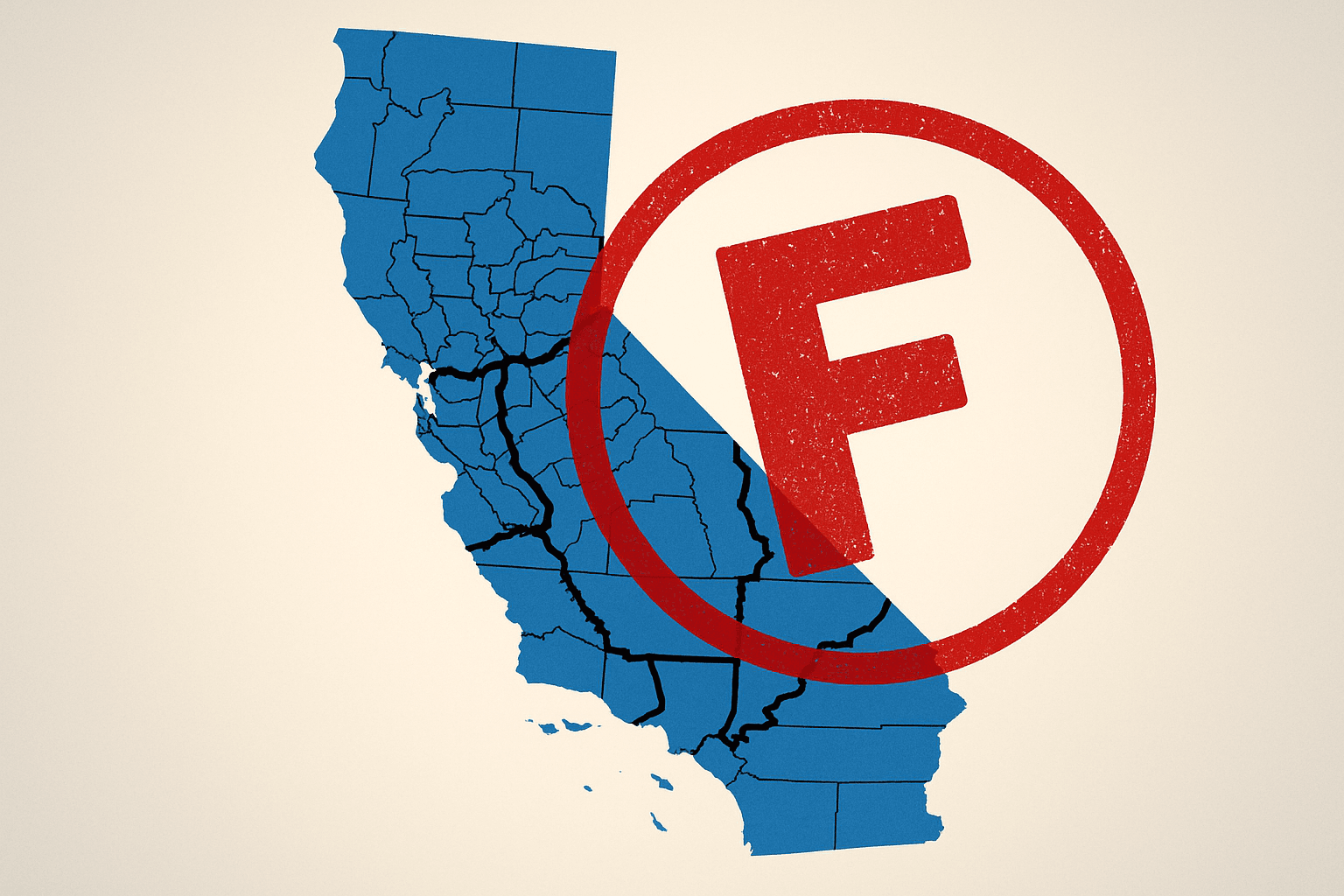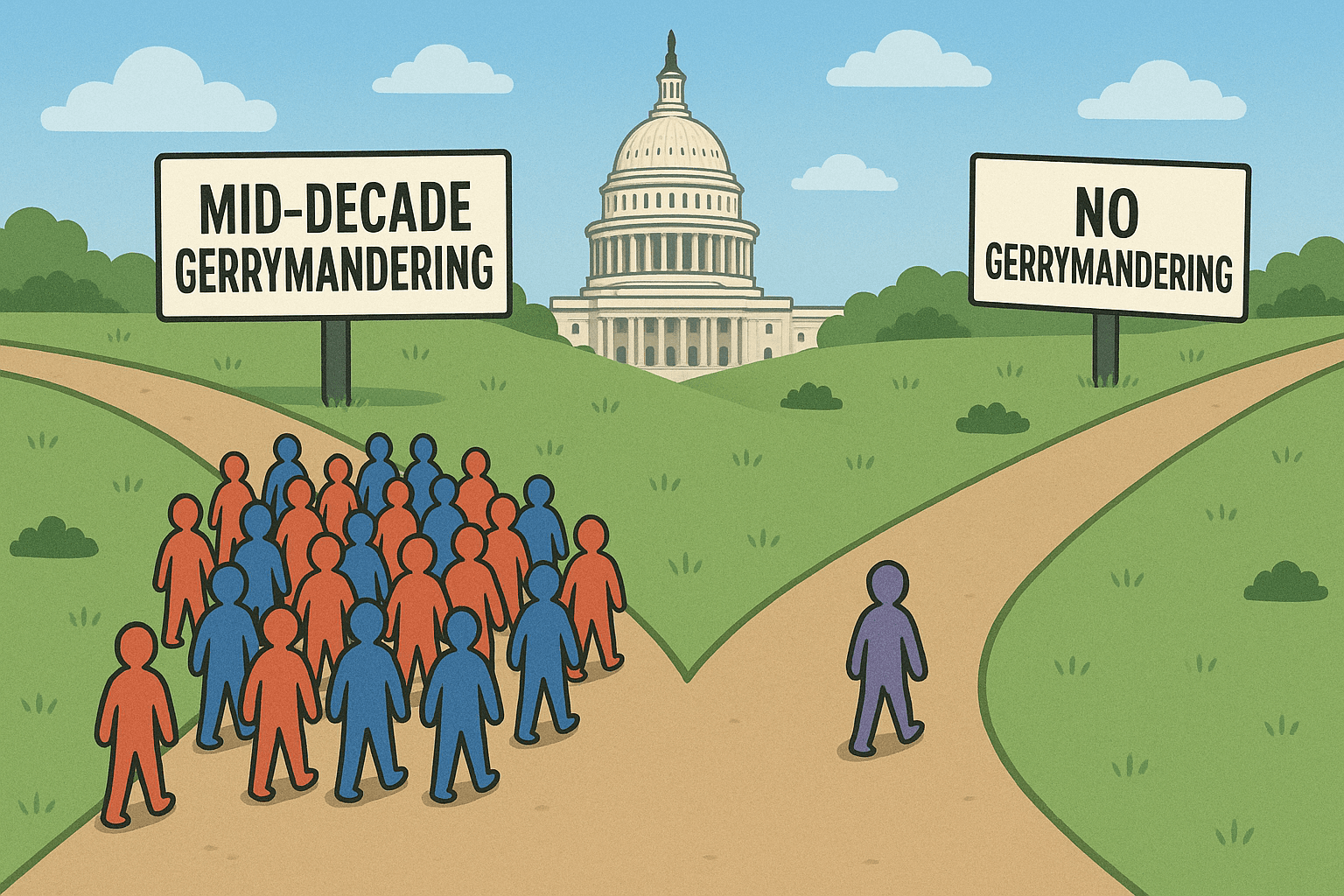Student Loan Forgiveness and Economic Stimulation


Rising tuition costs are weighing down college students. Financial aid such as grants, scholarships and loans are available for students who apply and receive the awards. However, the "free" money given to pay for college is sometimes not enough and students turn to loans to cover the ever rising costs. Relieving student debt has consistently reached the political debate and the Student Loan Forgiveness Act continues the debate.
Rep. Hansen Clarke of Michigan authored the Student Loan Forgiveness Act of 2012 (H.R. 4170). The main provision of the bill is the 10/10 Repayment Plan, which caps monthly payments at 10% of the debtors' discretionary income. If payments are made for 10 years, then loan forgiveness can be granted. One stipulation is that the forgiveness must not exceed $45,520 plus its interest. The bill will also freeze federal student loan interest rates at 3.4 percent. President Barack Obama has recently extended the interest rate cap for another year. US News made a detailed analysis of the bill.
Rep. Hansen Clarke himself drew a comparison to the housing market crisis,
Students who studied hard, played by the rules, and are now desperate to find work are being denied basic opportunities and are, accordingly, falling behind on payments. They are finding that their degrees, like homes at the height of the real estate bubble, were vastly mispriced assets that are now hard to finance.
John Shinal of the Wall Street Journal's Market Watch advocates student loan forgiveness as a way to stimulate the economy. The relief would be comparable to a tax cut, where the increased money in people's pockets will stimulate the economy. Shinal acknowledges that its effectiveness relies on consumer spending. The spending would bring a struggling economy back to its feet and open up more jobs, which are jobs graduates can excel in. This logic is not ground-breaking or new. However, he takes the perspective of a stock investor and makes the comparison of student loan forgiveness to bailing out major banks.
It’s worth pointing out that students who are working but can’t pay their loan bills are no more at fault for their predicament than all the investment managers at commercial banks that bought toxic derivatives from Wall Street. If those banks deserved a bailout by the U.S. taxpayer, surely the young people of America who’ve earned a college degree deserve the same consideration.
Student debt is not just a problem in the United States. Chilean students have taken an aggressive stance for their education. The National Turk compiled protests and riots in an article, concluding 3 buses were burned and 49 police officers were injured. The article states,
Student leaders want to change the tax system so the rich pay more. They also want the state back in control of the mostly privatized public universities to ensure quality. They say change will come only when the private sector is regulated and education is no longer a for-profit business.
Total student debt in the United States is at around $900 billion. Just seven years ago, that number was $360 billion. The rise in total student debt grew at a faster rate that mortgage balances from 1999 to 2006.
Pursuing higher education may lose its appeal considering its concurrent burdens. In a struggling economy where jobs are scarce and student debt is high, perhaps something must be done to assist our successful students.


